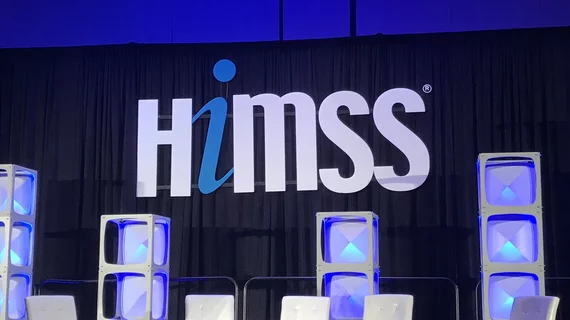An NHS hospital in Scotland was honored by Microsoft during the HIMSS conference for its effort with KenSci to leverage AI and machine learning to reduce emergency hospital admissions among the highest risk chronic obstructive pulmonary disease (COPD) patients.
“The health industry is undergoing a digital transformation in which intelligent health technologies are helping communities and individuals improve care by helping them better understand and share information,” Chris Sakalosky, Microsoft’s vice president of U.S. health and life sciences, said in a prepared statement.
The winners of the 2019 Microsoft for Healthcare Innovation Awards were announced during the annual conference on Feb. 13, with NHS Greater Glasgow and Clyde and KenSci taking home Artificial Intelligence and Machine Learning award for their work. In 2018, the NHS hospital and KenSci launched an effort to better understand which patients have the highest risk of COPD by leveraging AI and machine learning. The hospital is also working with digital company Storm ID and medical equipment company ResMed for the project.
The entities are using AI, remote monitoring and home therapy to predict long-term hospital stays based on clinical history, socio-economic factors and risk to find the top 20 percent of high-risk patients likely to be admitted into the hospital for the first time due to COPD. They hope the research will help drive preventive intervention.
“We are thrilled to share that we won the innovation in AI award at HIMSS for our work with NHS Scotland,” Sunny Neogi, chief growth officer at KenSci, told AI in Healthcare. “What we are doing there is really fascinating, applying AI in the context of healthcare. We are looking at patients who are chronically ill with COPD and using data to predict who will come into the hospital, how long will they stay for ... and we are doing this for 1.2 million patients across all of Scotland.”
Earlier this month, KenSci, which offers an AI and machine-learning platform for healthcare groups, announced its raised $22 million in Series B funding in an effort to expand the company globally and further accelerate its product roadmap.

